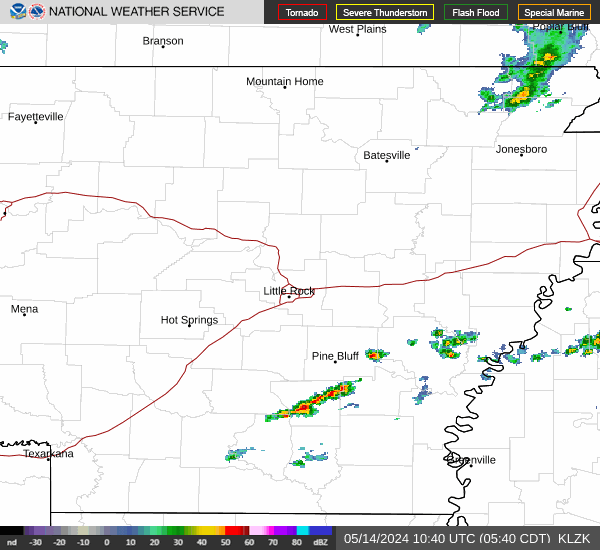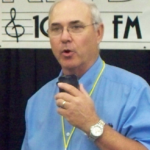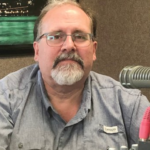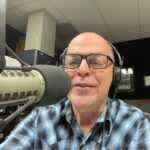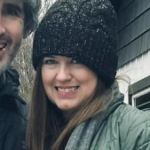From Lead Hill to Little Rock, Lyon College student Levi Neal is proving how personal history can inspire groundbreaking science. Raised in one of Arkansas’s rural corners, Neal knows addiction not as theory but as lived experience. This past summer, he brought that experience to the University of Arkansas for Medical Sciences (UAMS), where he worked in the Department of Pharmacology and Toxicology to explore whether psychedelic compounds might reduce opioid dependence in the brain.
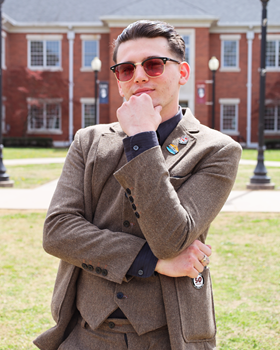
Growing up in Lead Hill — a town of fewer than 300 residents — Neal saw firsthand how isolation and poverty fed the opioid and methamphetamine crises. “Addiction wasn’t abstract,” he says. “It was my neighbors, my family, the people I went to school with.” Those early experiences led him to view addiction as a biological condition, not a moral failing — and inspired his passion for biomedical science.
Through the UAMS Summer Undergraduate Research Fellowship (SURF), Neal joined Dr. William Fantegrossi and Justin Pressley to investigate whether the psychedelic compound DOI (2,5-dimethoxy-4-iodoamphetamine) could reduce opioid-related behaviors in mice. The study focused on 4-fluoroisobutyryl fentanyl (4-FIBF), a synthetic opioid increasingly found in overdose cases. Using an oral self-administration model—where mice voluntarily consumed drug solutions—Neal and his team simulated real-world drug use more closely than typical injection-based studies.
Their findings validated that mice will self-administer 4-FIBF to the point of dependence and experience clear withdrawal symptoms. Treatment with DOI reduced withdrawal severity but did not significantly lower drug-seeking behavior. “It showed us that psychedelics might ease withdrawal, but they may not curb cravings,” Neal explains.
For the scientific community, this research is an important step. It demonstrates a new oral model for studying synthetic fentanyl dependence and helps refine how psychedelics might one day be used to support recovery.
Neal presented his work to more than 200 attendees at UAMS and will next take his findings to national conferences, including ASPET and BBC (Biology, Behavior, and Chemistry). He calls the SURF experience transformative: “In class you learn about research in pieces. In the lab, you see how it all connects.”
Looking ahead, Neal hopes to pursue a Ph.D. in neuroscience while remaining engaged with rural Arkansas communities like his hometown. “I want to make sure scientific discoveries reach the people who need them most,” he says.
Neal’s story embodies the spirit of Lyon College—where curiosity meets compassion, and where even a small-town student can make an impact on global health challenges.



